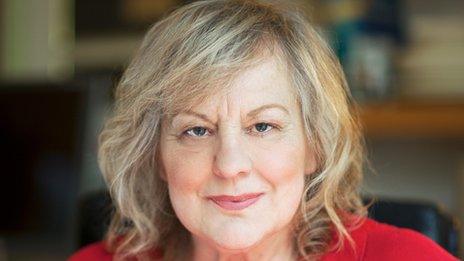The enduring appeal of Adrian Mole, aged 50
- Published
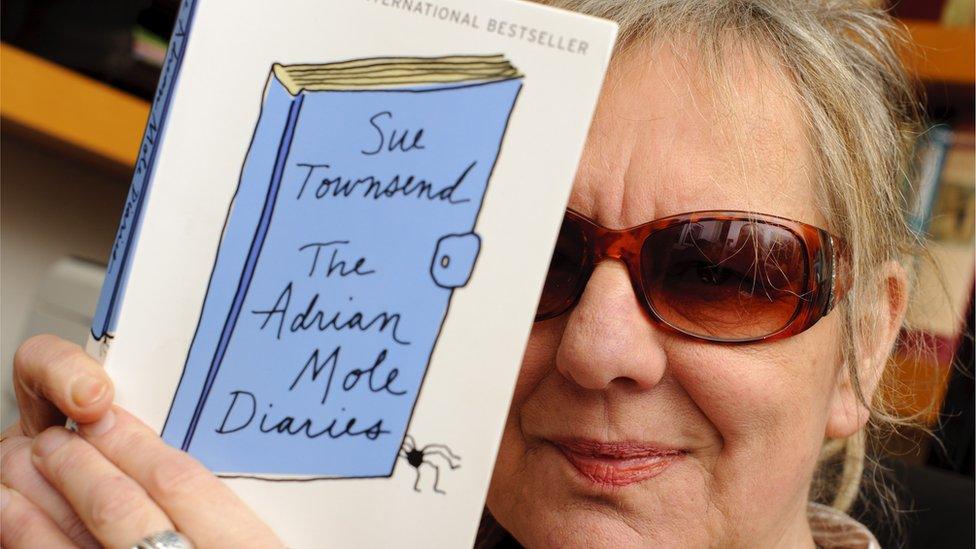
Sue Townsend's most famous creation was a spotty teenage boy
Adrian Mole, the angst-ridden diarist created by the late Sue Townsend, reaches his 50th birthday on 2 April. His diaries, over eight volumes, made Townsend one of the best-selling British authors of recent decades. But what made the character so compelling?

Stephen Mangan, actor

Stephen Mangan played Mole in The Cappuccino Years
Stephen Mangan played Mole in the 2001 TV adaption of Townsend's The Cappuccino Years and worked closely with the writer on bringing him to life on screen.
Now aged 48, he began reading the Secret Diary as a teenager.
"Obviously when you read it as a 13 or 14-year-old you miss some of the nuances, but what's so clever about the books is that you get so many different perspectives," he says.
"It's written from the point of view of a 13-year-old boy, but it's also there's the story of [his separating] parents. It's a very clever trick, because through his lack of awareness you learn so much about marriage, parenting and life.
"A lot of the poignancy and depth of the book is revealed to you later when you're a little bit older."
Mole's waspish observations of the politics of the day are another feature of Townsend's books. He criticises Margaret Thatcher, the Falklands War and - in later editions - New Labour and Tony Blair.

"Sue was very engaged politically and socially tuned in to what was going on, and Adrian was her way in to discuss that," Mangan adds.
"She deals with big cultural phenomena through the books and with characters you love and sympathise with.
"We can be very entrenched in our attitudes, and with comedy, especially one based on a dweeby and nerdy loser like Adrian, bypasses this.
"We still read Jane Austen today, despite those books being a satire of the social scene at the time - if it's done with that amount of wit, warmth and intelligence it becomes universal."

Nina Stibbe, author
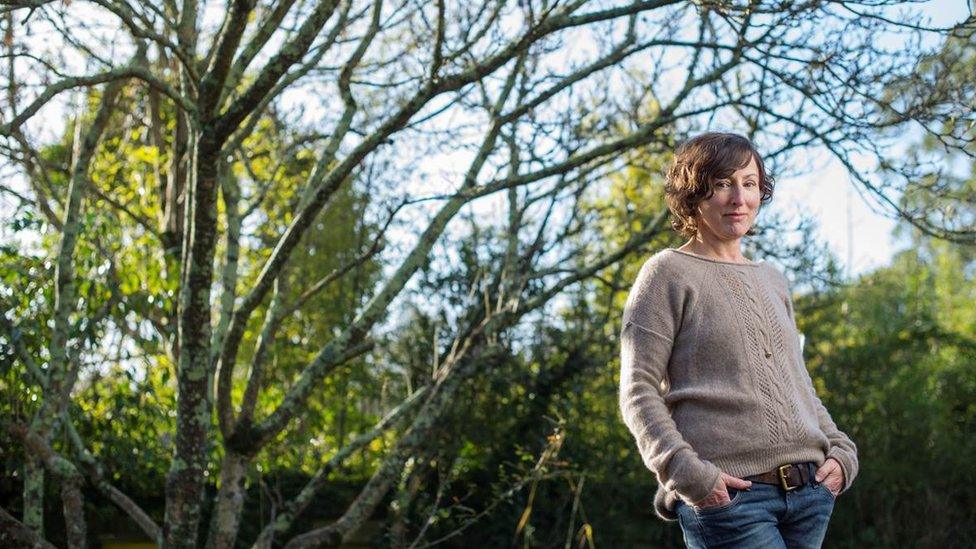
In the early 1980s, while Mole was worrying about his spots and dreaming about his beloved Pandora, author Nina Stibbe was leaving their hometown of Leicester for London.
Then a young nanny - and now a successful novelist in her own right - she instantly recognised the problems occupying Mole.
"I read it when it first came out and - although I was 19 not 13 and had just moved to London - it was interesting because it was like a vindication," she says.
"He was neurotic, he was anxious, but he didn't mind about it, he just got on with worrying, and it was the same stuff that I was worrying about.
"He was worrying about his family, his mother's drinking and promiscuity, and I think it was the first time there was a character doing this sort of thing in such a charming way."

Stibbe's collection of letters Love, Nina chronicles her time observing the London literary scene of the 1980s (she was employed as a nanny by Kay Wilmers, editor of the London Review of Books, and frequent visitors to the houses included Alan Bennett and Jonathan Miller).
"When the first diary came out I was living in London, I was a nanny, and I was around all these very accomplished writers and playwrights, and they were all loving [Mole]," she adds.
"I think people can identify with him - the way he worries about things that might go wrong is something that affects us all, whether it's health or what's happening next year.
"I wrote about divorce once, and I thought about [Mole's parents] George and Pauline's marriage, because it's so interestingly done - my parents had lots of friends like that.
"It was all so real, and Sue was writing from experience. The main thing is that it's hilarious, that's the nub and the magic of it."

Louise Moore, publisher
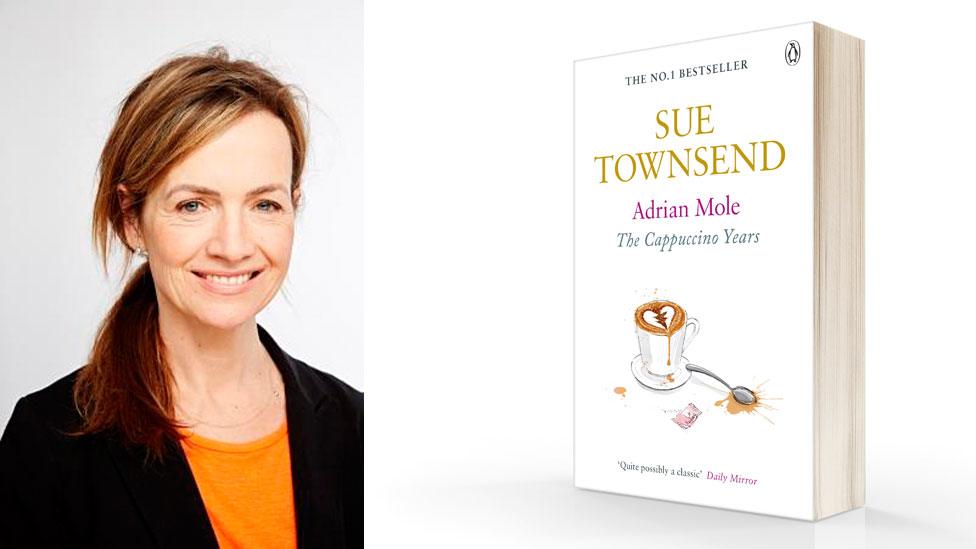
Louise Moore grew up reading the Mole diaries - and years later wrote a fan letter to Townsend which led to a long-lasting friendship.
When Townsend asked Moore to publish The Cappuccino Years, in which Mole has a brief stint as a celebrity chef before moving back to his native Leicestershire, she described it as "like winning the Lottery".
"I'd just left school [when I read the Secret Diary...] and I loved it," she said.
"It's the quintessential humour that I love.
She says Mole's "everyman" qualities kept fans on his side throughout his struggles with life.

"Sue was very clear that she didn't want Adrian to grow up and be unappealing," she adds.
"She knew him so well, she'd said that when she was writing other books she'd start to think about him, and he followed her through her life.
"He was her mouthpiece in a way. He's very ridiculous and naïve, but he also has a great wisdom and empathy for the human condition.
"He quietly triumphs in the face of almost constant adversity - he's one of the world's unsung, ordinary heroes."

Dr Corinne Fowler, University of Leicester
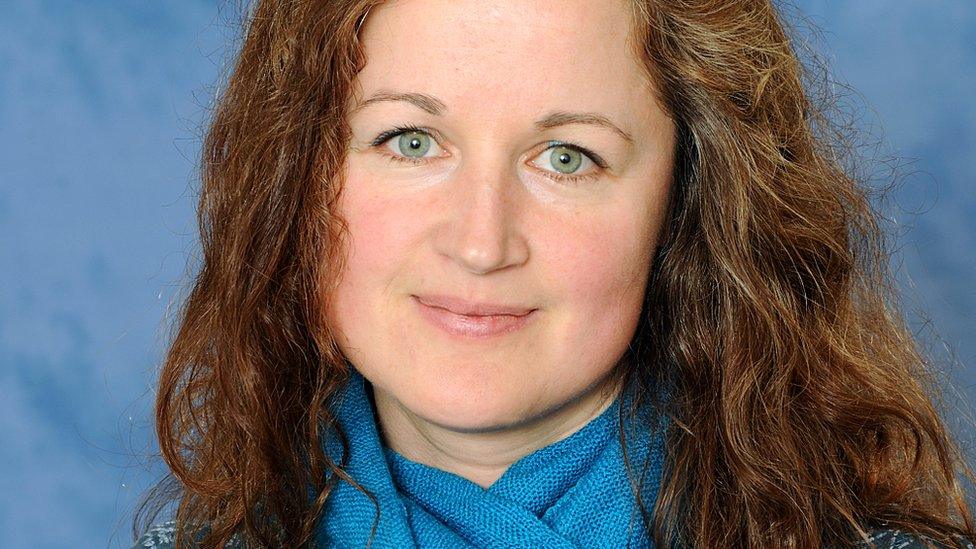
Leicester is the backdrop for much of the Mole books, but it's importance to the character - and Townsend - is often overlooked, says Dr Corinne Fowler, an associate professor at the University of Leicester.
"Sue was very connected to the region," she says.
"At her funeral one of the actors who was involved in the first production said she insisted she took the local actors with her when it transferred to London because of her commitment to the local arts scene.
"Apparently there were a few references to Leicester in the early manuscripts, but it seems the editor must have asked them to be removed. I think that tells you something about literary culture... anywhere outside London risked being seen as parochial if it includes the local references for a region. Later on I would imagine she had that authority to put those [references] in."

Mole's appeal has always been much wider, though, and to mark his half-century, three new radio plays featuring the character have been commissioned by the university's Centre for New Writing.
"[Townsend] would have had a field day with Brexit," adds Dr Fowler. "She would have given a voice to the grievances of the Remainers and the political developments across the decade.
"But I think it's interesting how it transcends places. Much of it's a comment on Thatcher's Britain, about growing up in poverty in the UK, about so many national things pertinent to the UK.
"So it's incredible to have someone growing up in Sao Paulo, for example, and understanding and liking it."
- Published11 April 2014
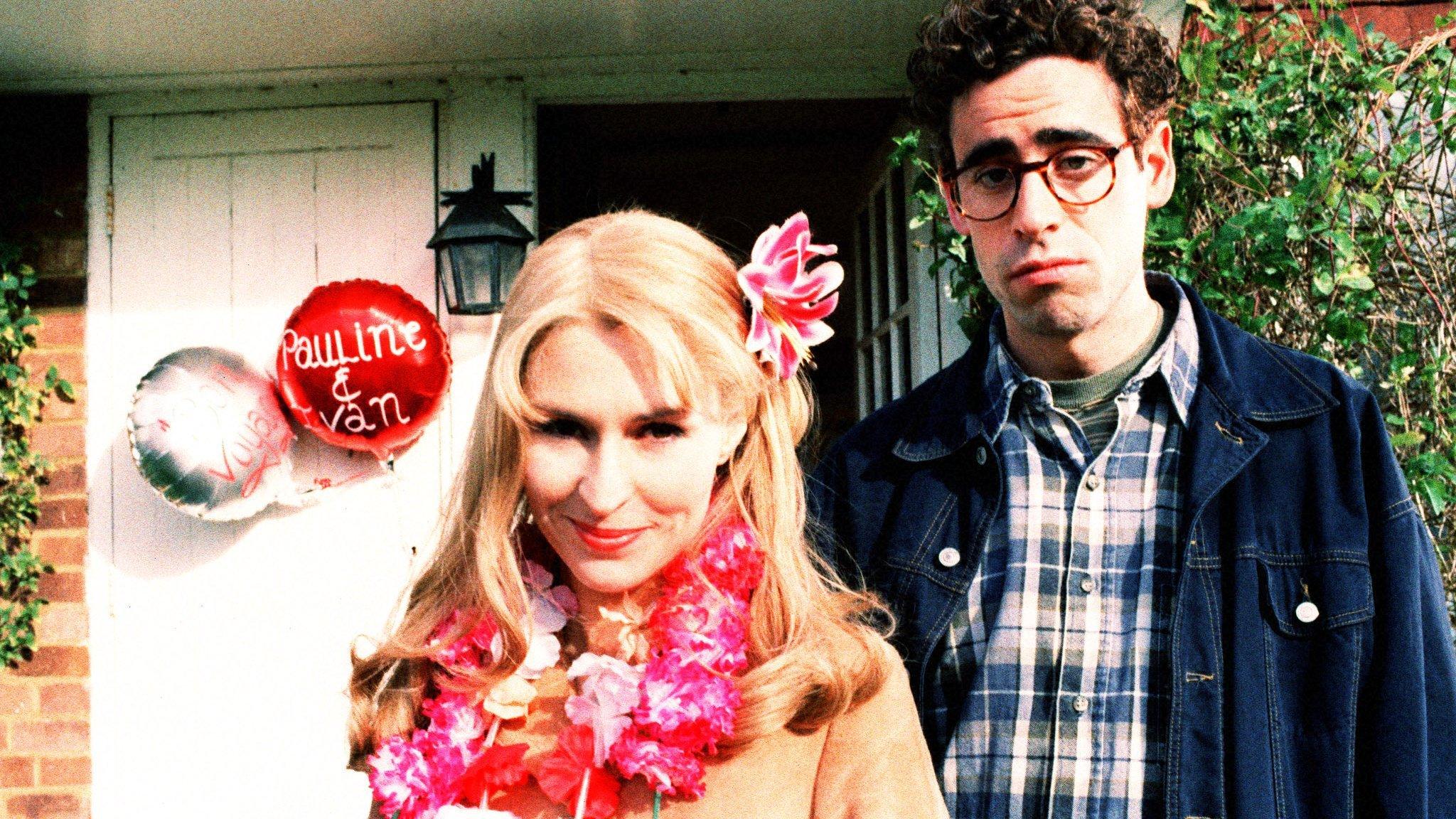
- Published5 September 2014
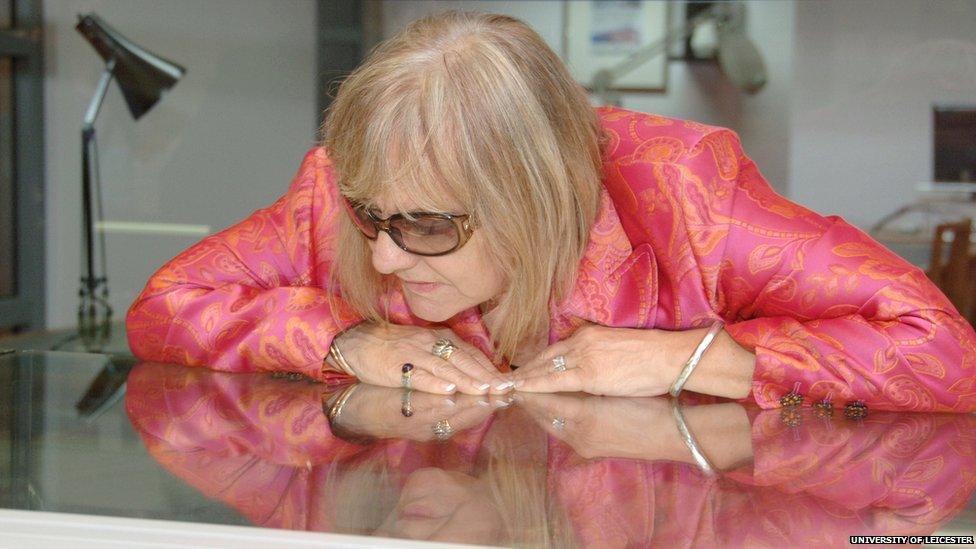
- Published11 April 2014
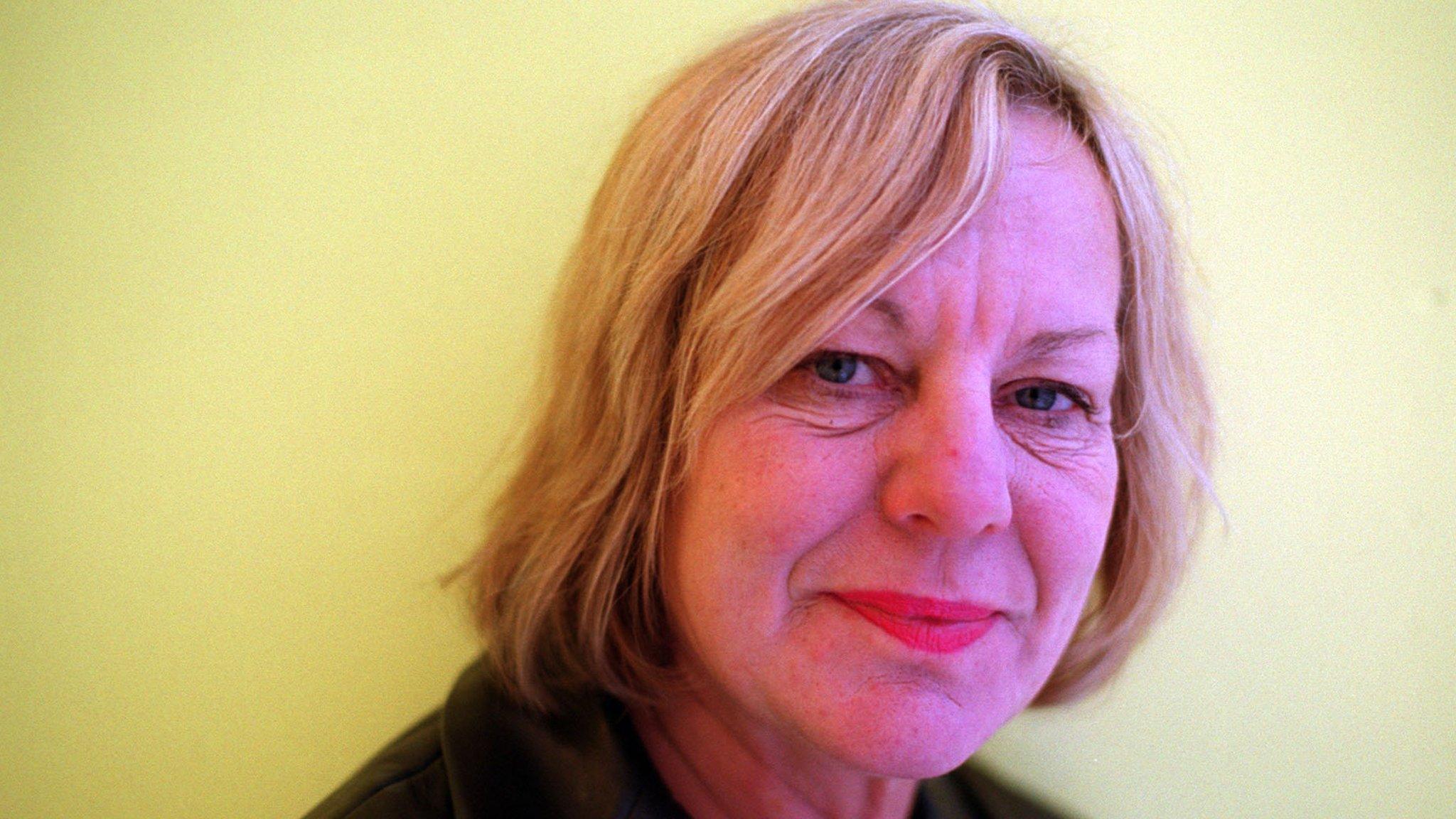
- Published11 April 2014
